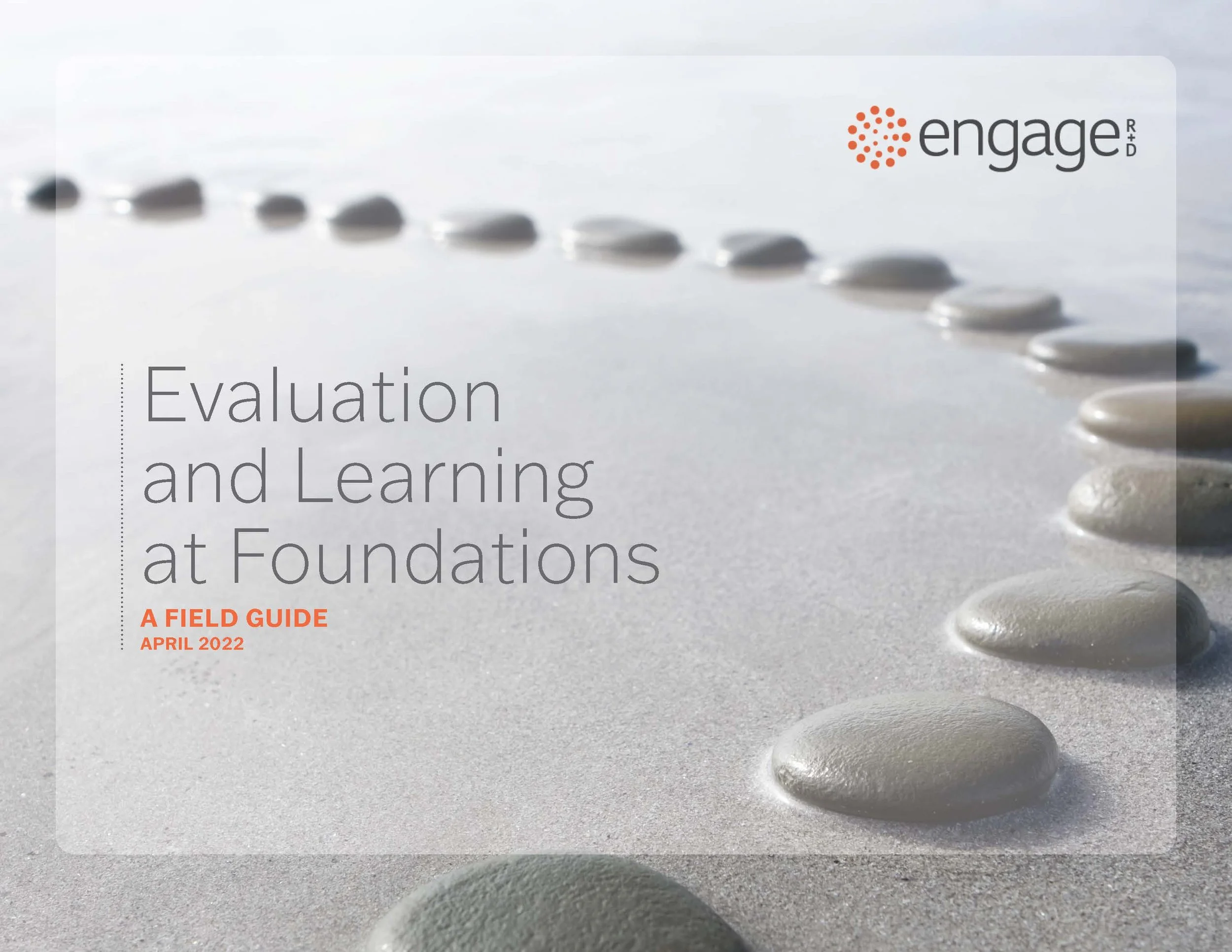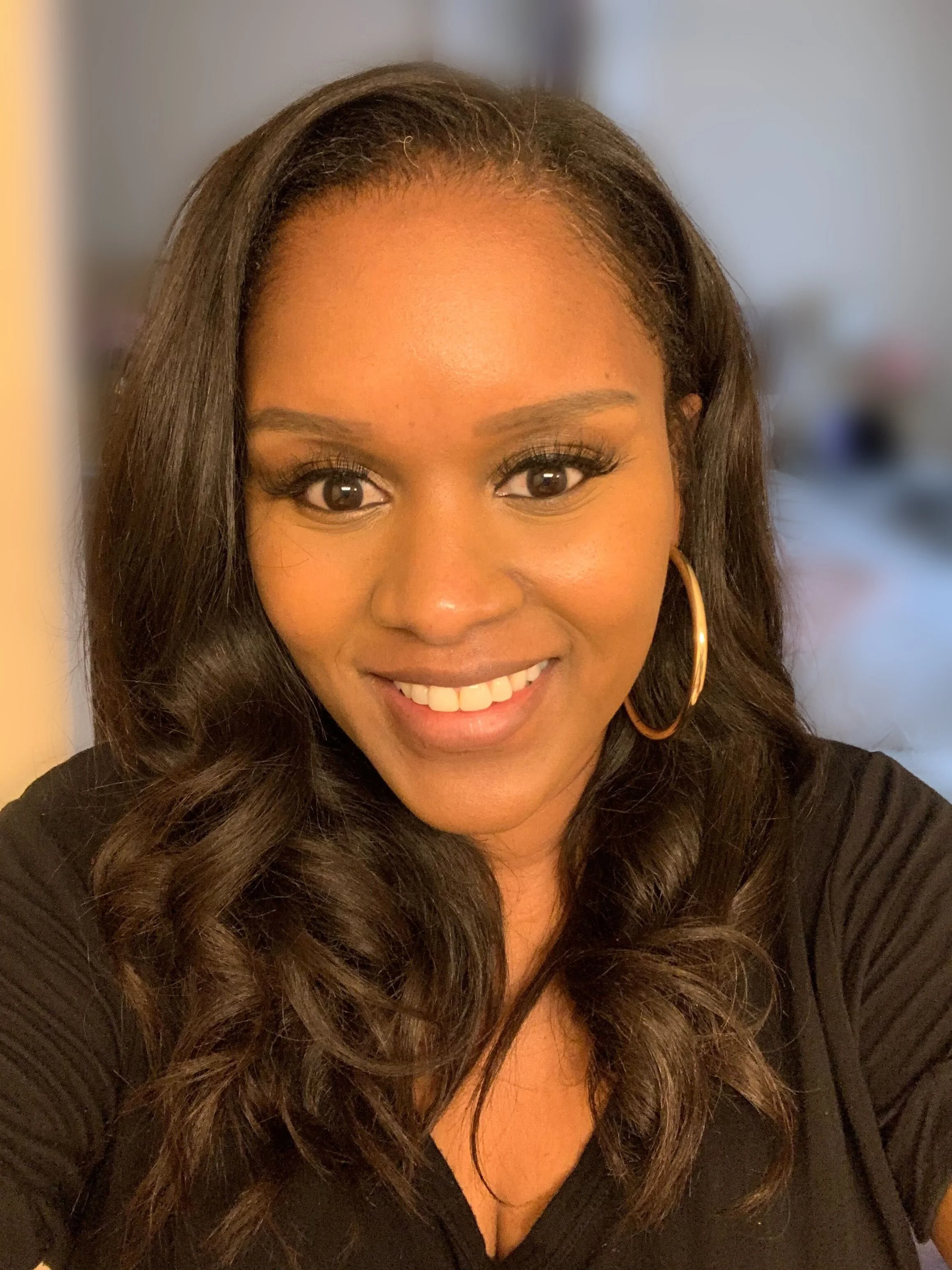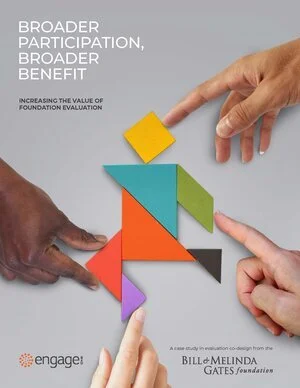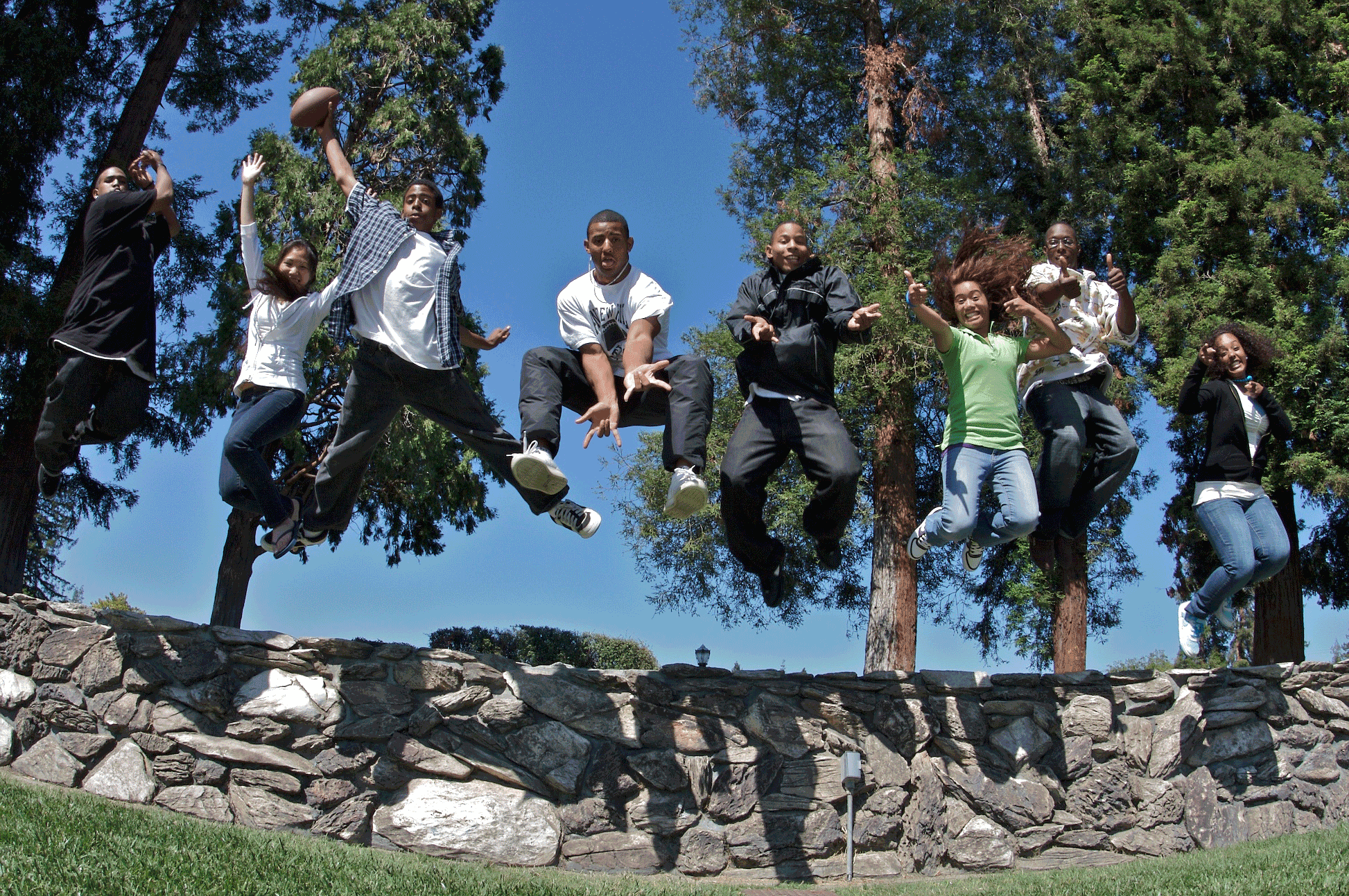Co-design by Design: Capacity Building from the Start
/by Ali Miller and Qiana Wallace
Building capacity might look like investing in training, supporting alignment with best practices, or hiring “experts.” But what if there’s another way? Working with The TK Foundation’s nonprofit youth program grantees, we realized we could do something different. So we intentionally centered equity by using a co-design model to create the capacity-building program in partnership with grantees. Here are our notes on what worked and what we learned about creating an inclusive program model, centering trust, sharing power, and engaging youth.
Read More





















